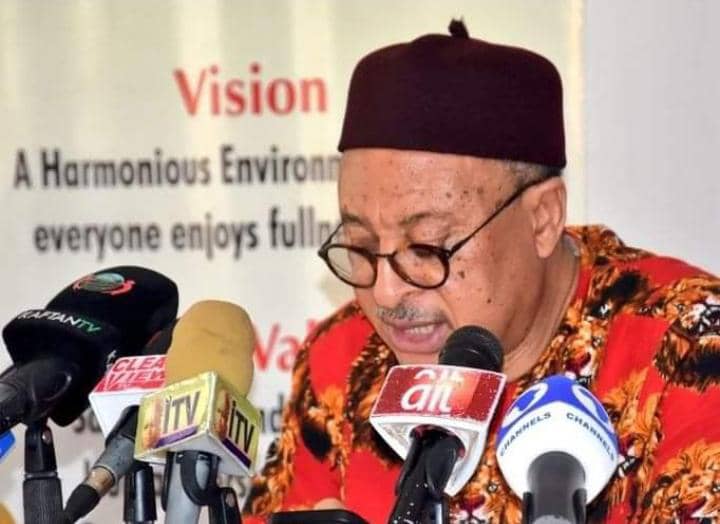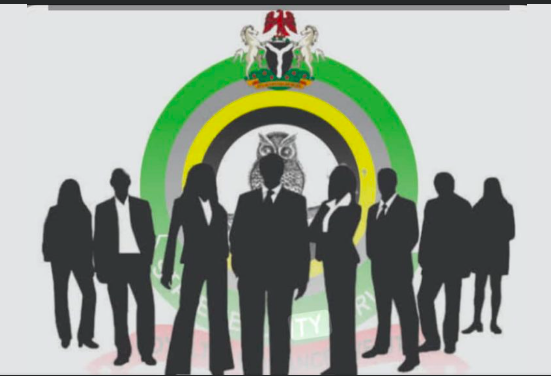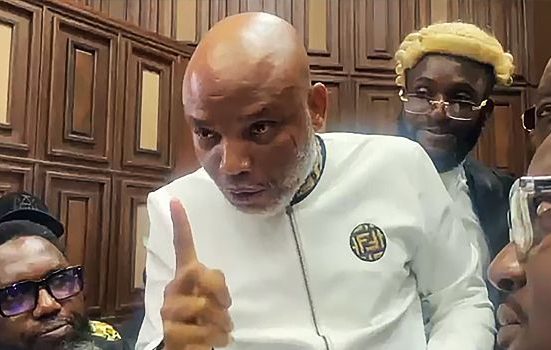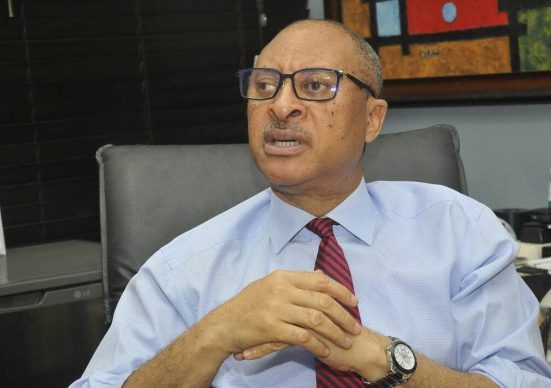The Department of State Services (DSS) has filed a suit against political economist and former presidential candidate, Professor Pat Utomi, over the establishment of a parallel political structure termed a “shadow government.” The security agency described the move as unconstitutional and a potential threat to Nigeria’s national security and public order.
In court documents submitted to the Federal High Court in Abuja, marked FHC/ABJ/CS/937/2025, the DSS is seeking a judicial declaration that Utomi’s initiative contravenes the provisions of the Nigerian Constitution and could fuel public disaffection toward the legally recognized government. The agency argues that the creation of an unrecognized governing authority undermines the sovereignty of the Federal Republic of Nigeria and may trigger political instability.
The DSS stated in its filing, “The so-called shadow government being promoted by Professor Pat Utomi is capable of inciting intergroup conflict, generating mass disaffection, and encouraging a parallel authority that challenges the legitimacy of the democratically elected leadership.”
The intelligence service is also requesting an injunction restraining Utomi and his associates from further pursuing or operating any such structure outside the constitutional framework.
Professor Utomi, in his defense, has argued that the concept of a shadow government is globally recognized in democratic societies and does not represent an attempt to usurp executive powers. Speaking through a public statement earlier in the week, he clarified that the initiative is designed to serve as a civic oversight mechanism that will hold the government accountable, offer policy alternatives, and promote transparency in governance.
“This is not about taking over government or undermining authority. It is about responsible citizenship and building a platform for constructive engagement, especially in the face of Nigeria’s persistent socio-economic challenges,” Utomi said.
The controversy surrounding the shadow government has sparked nationwide reactions, with civil society groups and political analysts expressing divided opinions. While some view it as a bold move to strengthen democratic accountability, others argue that it could set a dangerous precedent in a fragile political environment.
This is the first time a prominent public figure in Nigeria is facing legal action over the formation of a so-called shadow administration. The DSS insists that it acted to prevent what it described as “a slide into political disorder,” warning that parallel governance structures—no matter how symbolic—could be exploited by subversive elements.
At the time of filing this report, the case is yet to be assigned to a judge for hearing. However, the matter has now become a high-stakes legal and political tussle that could test the bounds of civic expression and constitutional authority in Nigeria’s evolving democracy.
As Nigerians await the court’s ruling, questions linger over how far dissent and alternative governance advocacy can go in a country still grappling with its democratic identity.






